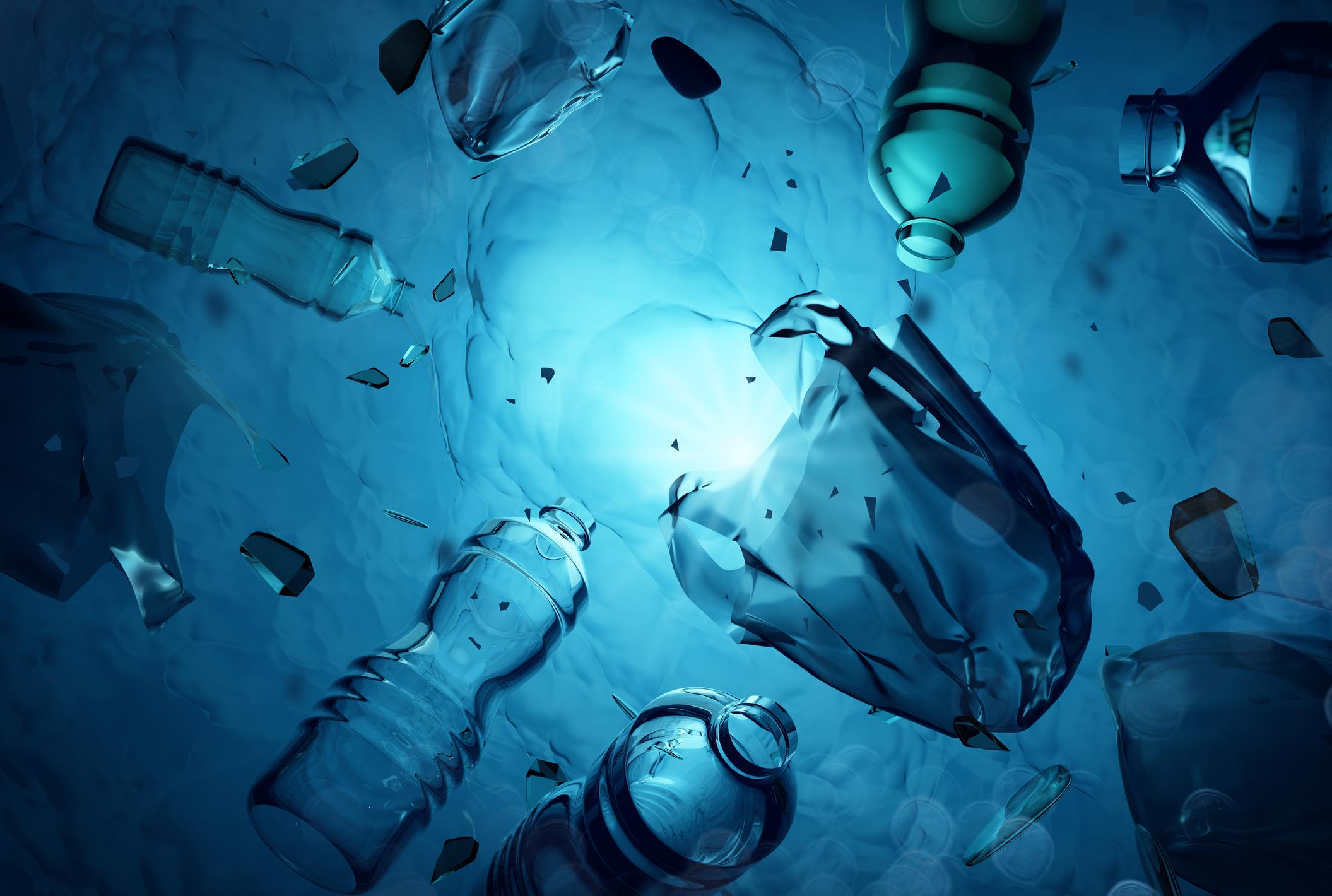The EU is acting against plastic pollution. From 3 July 2021, single-use plastic plates, cutlery, straws, balloon sticks and cotton buds cannot be placed on the markets of the EU Member States. In addition, the same measure applies to cups, food and beverage containers made of expanded polystyrene, and all products made of oxo-degradable plastic.
Single-use plastic products are made wholly or partly of plastic and are typically intended to be used just once or for a short period of time before they are thrown away. Under the new rules, certain throwaway plastic products for which alternatives exist are banned. Specific measures are also introduced to reduce the use of certain products.
Why is the EU tackling plastic litter?
More than 80% of marine litter is plastics. Plastic accumulates in seas, oceans and on beaches in the EU and worldwide. Plastic residues are found in marine species – such as sea turtles, seals, whales and birds, but also in fish and shellfish, and therefore in the human food chain.
While plastics are a convenient, useful and evaluable material, they need to be better used, re-used and recycled. When littered, the economic impact of plastics includes not just the lost economic value in the material, but also the costs of cleaning up and losses for tourism, fisheries and shipping.


